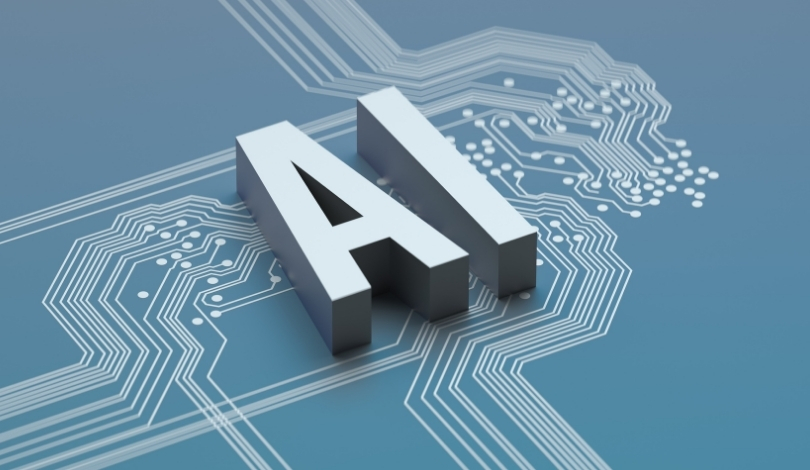The European Union has unveiled its initial blueprint for regulating general-purpose artificial intelligence models. The “First Draft General-Purpose AI Code of Practice” seeks to establish comprehensive guidelines to govern AI development and deployment across various sectors. This initiative aims to balance innovation with societal safety, reflecting the EU’s commitment to responsible AI.
In previous regulatory efforts, the EU emphasized transparency and user rights. This latest draft expands its focus to include detailed risk mitigation strategies and governance structures. The integration of multiple working groups marks a more structured approach compared to earlier consultations.
How Does the Draft Address Systemic Risks?
The draft introduces a taxonomy of systemic risks, encompassing cyber threats, biological hazards, and the potential loss of control over autonomous AI systems. It acknowledges the evolving nature of AI technology and plans for regular updates to the risk categories. Safety and security frameworks are proposed to manage these risks throughout an AI model’s lifecycle.
What Are the Key Objectives of the Code?
Key objectives include clarifying compliance methods for AI providers, ensuring AI integration across the value chain, and maintaining adherence to EU copyright laws during model training. The code also emphasizes continuous assessment and mitigation of systemic risks, aiming to safeguard both innovation and public welfare.
How Will Providers Comply with New Regulations?
Providers are encouraged to establish robust processes for identifying and reporting serious incidents related to their AI models. The draft suggests collaborating with independent experts for comprehensive risk assessments, particularly for high-risk models. This approach ensures that AI deployments align with the regulatory framework.
The final version of the Code of Practice is expected by May 2025, in alignment with the EU AI Act effective from August 2024. Stakeholders are invited to provide feedback until November 2024, ensuring the framework remains adaptable and inclusive. The EU aims for the Code to set a global standard for responsible AI, fostering innovation while protecting societal interests.










